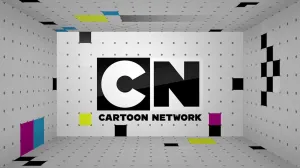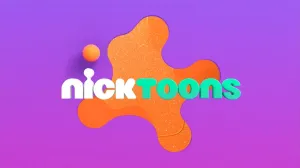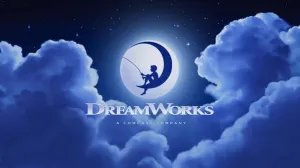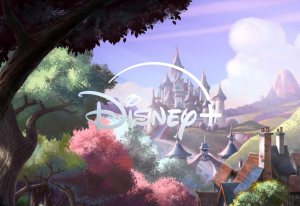The Promised Neverland recently brought its second season to an end, and with it surprisingly brought the anime’s run as a whole to an end as well. While this abrupt ending is definitely the final nail in the coffin for an incredibly divisive second season, it’s also kind of telling that fans of the anime have been trying to get more fans to check out Kaiu Shirai and Posuka Demizu’s original manga series instead. But that’s not exactly going to be the end all fix for fans who had problems with the anime anyway.
Videos by ComicBook.com
Many of the issues the anime had stem from that source material, but the overall sloppiness of the anime’s delivery exacerbated these issues tenfold. The same kind of contrivances, character flips, and forced resolutions are a huge issue of the manga series’ second half. The anime was successful was able to the first time around because it was pulling from the manga at its peak. Unfortunately this meant that with the manga’s already bad ending, the anime could really only make it worse.

There are a lot of specific issues the final arcs of the series had that you can point to as souring the whole package. It became reliant on easy fixes with important plot elements that just sort placed Emma or other key characters at certain places at fast times. This is coupled with the fact that character conflicts either completely go away or were are swept under the rug. The anime just takes these issues and kind of does a speed run through them to somehow make them more egregious.
While Emma was generally quickly victorious in how she was able to persuade others around her toward peace, the anime sort of makes this less acceptable given how little time it actually fleshes out this world of peace Emma is arguing for. It was like no one had the power to disagree with Emma in the anime. This comes through especially poorly in the second season as Emma’s not wanting to kill demons kind of just happens in two episodes and everyone else is just cool with that.
Norman and his group of kids (who have legitimate gripes with the demons) do the same kind of quick about-face in the manga, but it makes much less sense in the anime since they have only been teaming with Norman for a relatively short time. The manga’s time skip at least makes it a much longer period between Norman’s purported death and reunion with the others. Before, they had every reason to completely believe in Norman so it made sense when they went along with the words of someone he trusts in that same way.

In the anime, it’s sort of like they have faith in Norman because he helped them escape, but they are more driven by how he helps them fight the demons. This is just one specific example that further illustrates the main issue with the adaptation. The pacing of the series was already rough in the manga, but the anime somehow made that worse. It’s especially prominent in the final episode as it speeds through its ending.
To break it all down, the second season wraps a cliffhanger that confirms Isabella’s face turn. Then shoves in the origins of the Ratri family and a deal they made with the demons, brings peace to the human and demon worlds, and splits Emma from the other kids like in the original (but pairs her with Ray and Norman!). It then introduces a completely new reality with the human world, and jumps forward in time through a montage, reveals the demon royal family, shows Emma making a promise with the god of both worlds (Good luck understanding that one!). Topping it off is a reunion to bring it all home!
See how long it took to just spell out everything that happened? Now imagine that, but with the characters we have only spent a few episodes with. All of these events need time, but there’s just zero breathing room. The manga had this exact same issue of not having enough time for the actual resolution period necessary for a compelling narrative (necessitating prequel chapters released after the series’ end), but it at least gave time to the steps it took to get there.

Whether or not you find the second half entertaining, you have to agree that the manga did indeed explain all of the necessary pieces of its world. So by the end, there’s at least a semblance of why certain pieces fall into certain places. Because there’s simply not enough time, the anime lacks crucial context and emotional resonance for it to be coherent (or acceptable) to the audience. Nothing makes sense, so nothing matters.
It’s tragic because you know those involved did not want to see the anime end like this after such a great debut, but what do you think? How did you feel about The Promised Neverland‘s anime ending? How did you like the original version of the ending? Let us know your thoughts in the comments or you can even reach out to me directly about all things animated and other cool stuff @Valdezology on Twitter!








